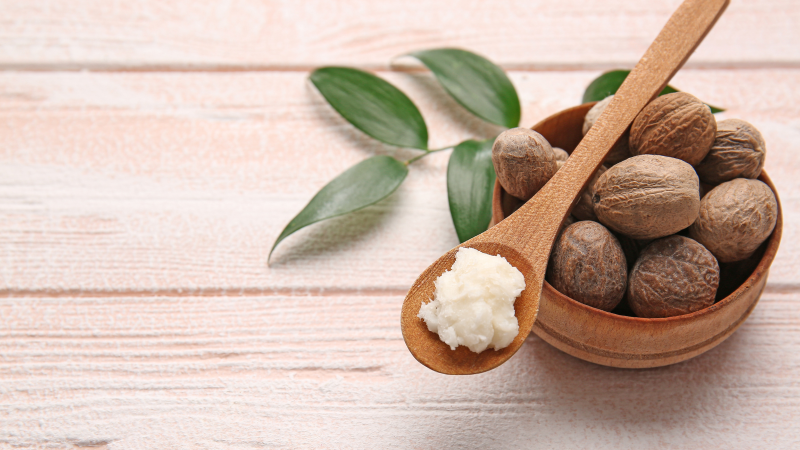
Shea butter is a natural fat extracted from the nuts of the Shea tree (Vitellaria paradoxa), which is native to West and Central Africa. It has been used for centuries in Africa for skincare, haircare, and even medicinal purposes. Packed with beneficial nutrients, Shea butter is widely recognised for its moisturising, soothing, and healing properties. Here are some of the key benefits and uses of Shea butter for the skin:
1. Deep Moisturisation
One of Shea butter's most well-known benefits is its ability to deeply moisturise the skin. It is rich in fatty acids, such as oleic acid, stearic acid, and linoleic acid, which help to hydrate and nourish the skin.
- How it works: Shea butter is a natural emollient, meaning it helps to lock moisture into the skin by creating a barrier that prevents water loss.
- Best for: Dry, rough, or cracked skin. It's especially useful in cold weather or during the winter months when skin tends to become dry and flaky.
2. Anti-Inflammatory and Soothing
Shea butter contains compounds like triterpenes, which have anti-inflammatory properties. These help to calm irritated, inflamed, or swollen skin.
- How it works: It can soothe conditions like eczema, psoriasis, and dermatitis, reducing redness and inflammation.
- Best for: Sensitive skin, conditions like eczema or psoriasis, or skin suffering from irritation due to environmental factors (sunburn, windburn, etc.).
3. Skin Healing and Regeneration
Shea butter is known for its ability to promote skin healing. It contains vitamins A, E, and F, which are essential for skin regeneration and repair.
- How it works: Vitamin A promotes cell turnover, while vitamin E is a potent antioxidant that protects the skin from damage. Vitamin F helps to nourish and heal the skin.
- Best for: Healing scars, stretch marks, cuts, and minor burns. It's often used in post-surgery care to promote healing and prevent scarring.
4. Anti-Aging Benefits
Shea butter has anti-aging properties due to its high concentration of antioxidants (like vitamin E and catechins). These antioxidants help neutralise free radicals, which are responsible for the breakdown of collagen and elastin, leading to wrinkles and sagging skin.
- How it works: By stimulating collagen production and improving skin elasticity, Shea butter helps reduce the appearance of fine lines and wrinkles.
- Best for: Mature skin, or anyone looking to prevent or reduce the visible signs of aging. It’s especially helpful for dry or sun-damaged skin.
5. Improving Skin Tone and Texture
Shea butter helps to improve overall skin texture by promoting soft, smooth, and even-toned skin. Its high fatty acid content also helps improve the skin’s natural barrier function.
- How it works: It hydrates deeply, reduces rough patches, and helps even out pigmentation.
- Best for: Uneven skin tone, dry patches, or skin with texture issues.
6. Sun Protection
While Shea butter is not a replacement for sunscreen, it does offer some natural protection against the sun's harmful UV rays, with an estimated SPF 6. It helps to soothe and protect the skin from sun damage.
- How it works: It can act as a supplementary protective layer while promoting skin healing after sun exposure.
- Best for: Skin that has been mildly sunburned or exposed to the sun for long periods.
7. Reducing Stretch Marks
Shea butter is widely used to prevent and reduce the appearance of stretch marks, thanks to its ability to deeply hydrate and boost skin elasticity.
- How it works: By keeping the skin moisturised and more elastic, Shea butter helps prevent the skin from tearing during periods of rapid growth (e.g., pregnancy, weight gain, or puberty).
- Best for: Expectant mothers, those experiencing rapid weight changes, or people who want to reduce the appearance of stretch marks.
8. Treating Skin Conditions
Shea butter has natural healing and soothing properties, making it helpful for various skin conditions.
- How it works: It is often used to treat skin irritations like eczema, rashes, and dermatitis. The anti-inflammatory properties of Shea butter help calm and heal these conditions.
- Best for: Skin prone to conditions like eczema, rosacea, or allergic reactions.
9. Lip Care
Shea butter is a common ingredient in lip balms due to its intense moisturising and protective properties.
- How it works: It hydrates dry, chapped lips and provides a barrier to protect against the elements.
- Best for: Dry or cracked lips, especially in cold or dry weather.
10. Hair Care (Scalp and Hair Moisture)
Although not specifically for the skin, Shea butter is also used to hydrate the scalp and condition the hair. It can be massaged into the scalp to alleviate dryness and flakiness, and used on the ends of hair to prevent split ends.
- How it works: It can help improve scalp health by moisturising dry areas and reducing dandruff. It also helps nourish dry, brittle hair, leaving it softer and shinier.
- Best for: Dry, flaky scalps, or dry, brittle hair.
How to Use Shea Butter for Skin
- As a Moisturiser: Scoop out a small amount of Shea butter, warm it between your palms, and massage it into your skin after bathing. Focus on dry areas like elbows, knees, and heels.
- For Scars/Stretch Marks: Massage Shea butter into the affected areas twice a day to improve skin elasticity and healing.
- As a Lip Balm: Apply a small amount directly onto your lips to prevent dryness or cracks.
- After Sun Exposure: Use Shea butter to soothe and hydrate skin after a day in the sun, or to relieve mild sunburns.
- As a Face Cream: If your skin is dry or aging, apply a thin layer to your face and neck, using it as a night cream or during the day if needed.
Things to Keep in Mind
- Quality Matters: For the best results, look for raw, unrefined Shea butter, which retains the most nutrients. Refined versions may have a lower content of active compounds.
- Skin Sensitivity: Shea butter is generally considered safe for most skin types, but always do a patch test before using it extensively, especially if you have sensitive skin or allergies.
- Comedogenic Properties: Shea butter has a rating of 0-2 on the comedogenic scale, meaning it's unlikely to clog pores, but if you have acne-prone or oily skin, it’s a good idea to test it on a small area first.
Conclusion
Shea butter is a versatile, nutrient-rich product that can be used in a wide variety of skincare applications. Whether you’re looking to hydrate dry skin, soothe irritation, improve skin elasticity, or promote healing, Shea butter is a natural solution that has been trusted for centuries. Its rich composition of vitamins and fatty acids makes it a great addition to any skincare routine.
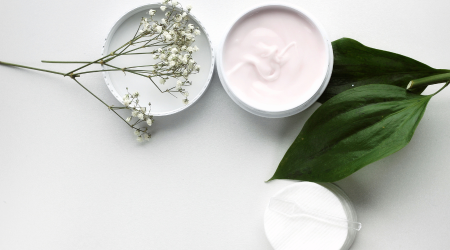





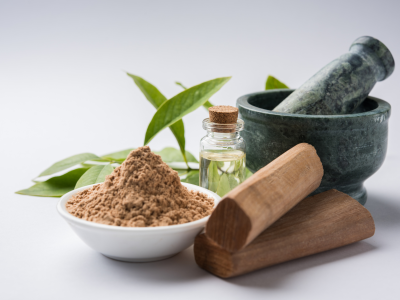
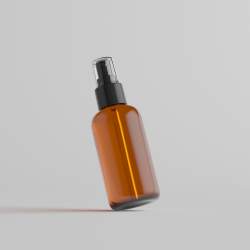

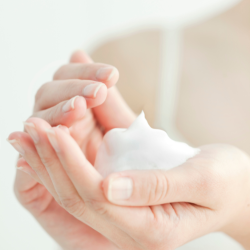

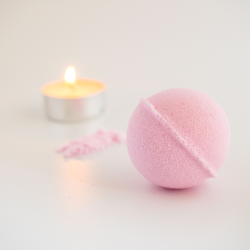

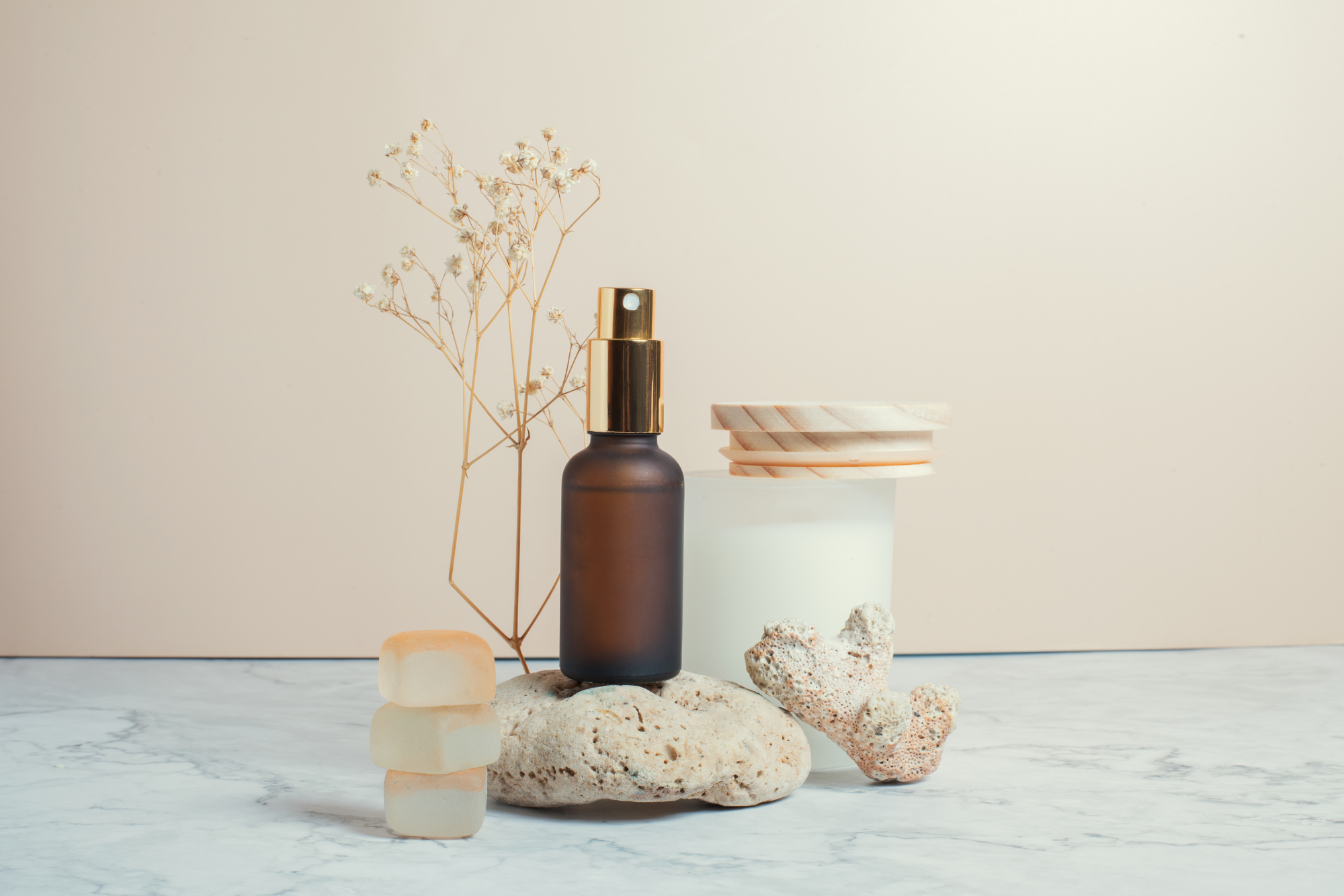



Leave a comment